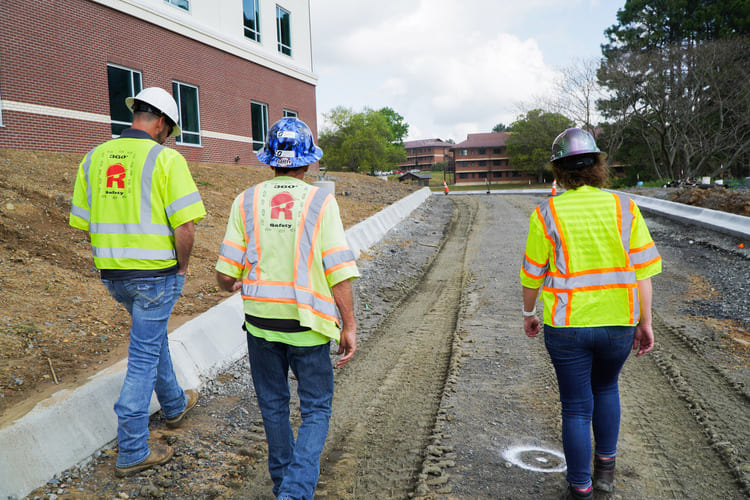If you’re about to undertake a construction project– whether it’s a small home renovation, or a large commercial development– it’s essential that you fully secure the necessary building permits.
Building permits are legal authorizations issued by local government authorities that allow you to commence construction, renovation, or alteration of a building or structure. Understanding the various types of building permits, and how to obtain them, will prove to be indispensable knowledge for anyone involved in construction.
What is the process of obtaining a building permit?
Initial consultation
This process involves a meeting with your local building department. They’ll help you to understand the specific requirements and regulations in your area, including zoning laws, building codes, and permit application procedures.
Project planning
Before you can begin the process of applying for a building permit, you’ll need detailed plans and specifications for your construction project. These plans might include architectural drawings, structural plans, and any other documents your local authorities might require.
Your plans should demonstrate compliance with local building codes and regulations.
Application submission
Once your plans and specifications are ready and compliant with the necessary regulations and codes, you can submit your permit application to the relevant local authority.
Make sure that your application is filled out correctly and is complete, including all of the required documents, to avoid any delays in the review process.
Plan review
The local building department will conduct a review of your application and plans. They will assess whether your plan is truly compliant with zoning regulations, building codes, and local ordinances. This review might take a while– up to several weeks– and is more likely to take longer if your project is more complex.
Approval and issuance
If the local authorities decide that your project meets all of the requirements, your application will be approved, and they will issue the permit. This document gives you the legal authority to begin construction.
Inspections
After you’ve been given your building permit, you’ll still have to undergo occasional inspections from the building department. These inspections are carried out to ensure compliance with your building plans. Important aspects of the construction process, like foundation, framing, and electrical work are likely to be inspected.
Making sure that your construction process is fully compliant with building codes is a great way to keep the process moving along efficiently.

What are the types of building permits?
Building permits
This term is broad and can cover a wide range of construction projects, from new builds to renovations and alterations to existing structures.
Electrical permits
These permits are required for electrical work, such as wiring, panel upgrades, and installation of new circuits. Electrical permits ensure that the work meets safety standards, and can help you to avoid major issues like electrical fires or power issues.
Plumbing permits
Making major changes to your plumbing system, like installing new pipes or fixtures, will necessitate a plumbing permit. This is necessary to ensure compliance with local plumbing codes and avoid potentially disastrous or expensive plumbing issues further down the line (literally).
A necessary process
Obtaining permits might seem like a hassle, but the building codes in your area exist for a reason. Permits help to make sure that all construction work is carried out safely and complies with local regulations.
Understanding the building permit process and the various types of permits available is necessary for the successful completion of your construction project.
If you’re interested in the construction process and looking to join an exciting and lucrative new career path, we’re hiring! Check out our current open positions on our Careers page.


Recent Comments